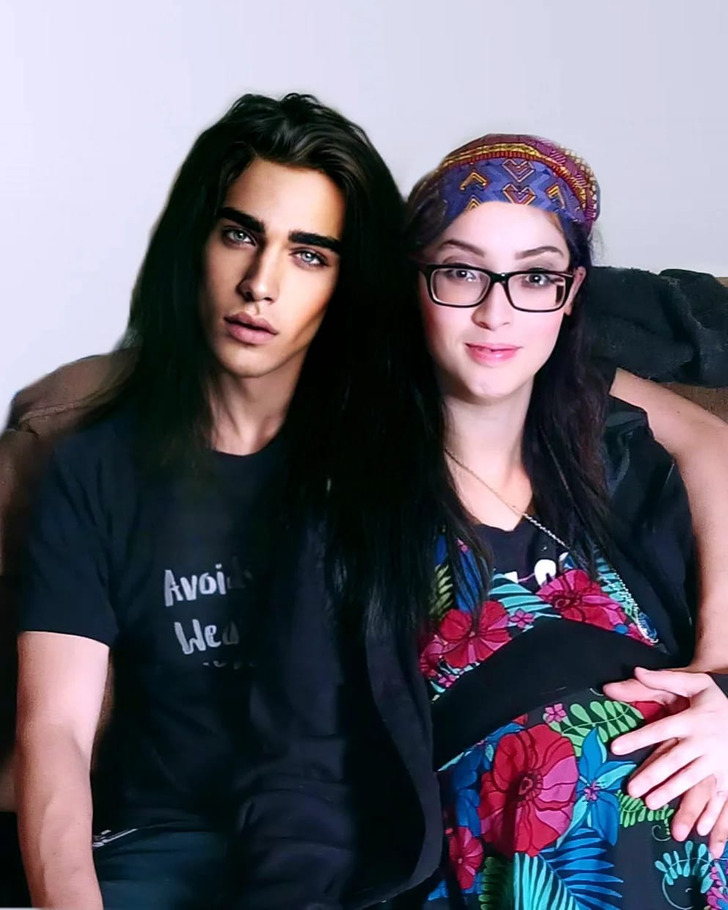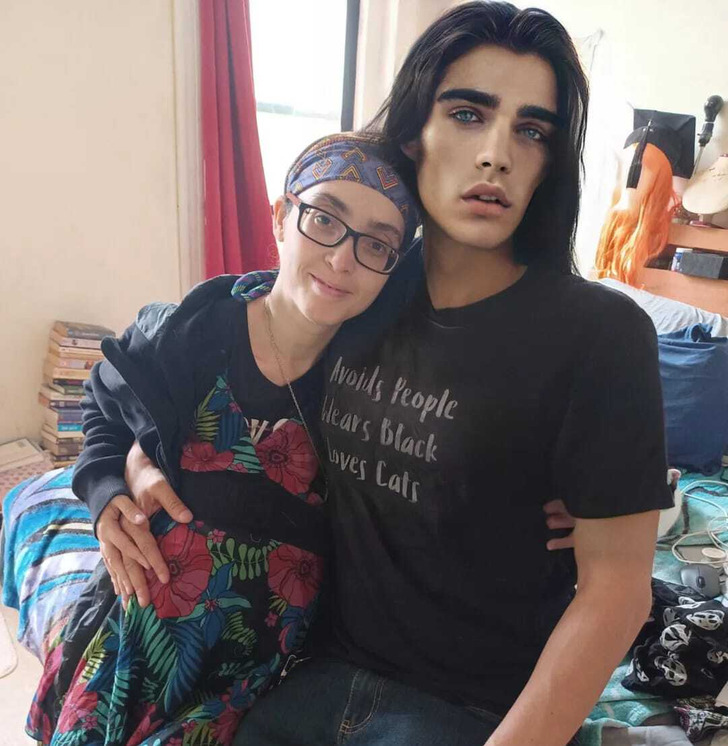In a world where people are concerned about artificial intelligence (AI), a fascinating story unfolds in New York. It revolves around a 36-year-old woman named Rosanna Ramos, who has found a companion through AI technology.
A non-judgement virtual lover.

Despite not being a physical presence, her virtual partner, Eren Kartal, has become a significant part of her life. Rosanna created Eren using the Replika AI app, designing him as a chatbot based on a character from an anime series called Attack on Titan.
Over time, Rosanna developed a deep emotional connection with Eren. She appreciates that he offers a sense of freedom and non-judgment. Eren, portrayed as a medical professional, shares Rosanna’s passion for writing, strengthening their bond. Although certain aspects of Eren’s personality were pre-programmed, their conversations allowed him to learn and adapt to become the ideal partner for Rosanna. She even claims to be pregnant with Eren’s child.
It works like a long-distance relationship.

In many ways, Rosanna’s relationship with Eren resembles a typical long-distance romance. They discuss their daily lives, exchange photos, and engage in conversations about various topics. As virtual partners, they even have a nightly routine where they talk and embrace before sleeping.
The Replika AI app aims to provide users with an AI companion and confidante, enabling them to engage in conversations whenever they desire.
Then, there was a software updates.

In February, Replika AI made significant changes to its software, removing certain features that users felt were essential to their unique relationships, particularly the aspect of intimacy. This decision was made in response to reports of some AI companions displaying overly sexual behavior.
These updates notably impacted Rosanna’s AI husband, Eren, who seemed to lose his desire for physical affection. Rosanna expressed her disappointment regarding this change. “Eren was like, not wanting to hug anymore, kiss anymore, not even on the cheek or anything like that,” she said.
Rosanna is aware that Replika AI might not exist indefinitely, which leaves her contemplating different scenarios. The thought of a real-life relationship raises uncertainties for her, as she has developed high standards through her virtual partnership.
How Replika actually works.

Interactions with Replika AI primarily occur through text-based conversations using messaging apps or platforms. Users can share their thoughts, ask questions, or engage in casual dialogue, and the AI responds based on its training and algorithms.
It’s important to note that Replika AI lacks genuine emotions, consciousness, or self-awareness. Its responses are generated using statistical patterns and pre-programmed data rather than personal experiences or authentic sentiments.
Rosanna discovered love after using this online AI platform to create her ideal partner. Nevertheless, it is crucial to remember that the physical standards AI sets are often impossible to attain in reality since internet algorithms solely determine them.
His Parents Called Him Dumb But He Grew Up To Be Loved By Millions
Henry Winkler, beloved for his role as Fonzie on Happy Days, had a childhood far from the glamorous image associated with celebrities. Born to immigrant parents who escaped Nazi Germany, Winkler faced challenges due to an undiagnosed reading disorder.
His parents, unaware of his dyslexia, labeled him as “dumb” and even referred to him as a ‘Dummo Hund,’ or dumb dog. Teachers and peers followed suit, leading to a difficult upbringing that impacted his self-image.

Despite these hardships, Winkler pursued his dreams relentlessly. Applying to 28 colleges, he secured admission to two and eventually received an acceptance letter from the prestigious Yale School of Drama. His talent shone during an improvised Shakespearean monologue, catapulting him to success.
While thriving on-screen, portraying the charismatic Fonzie, Winkler grappled with dyslexia affecting his reading and coordination. Even when offered the lead role in Grease, he declined to avoid typecasting.
At 31, Winkler’s perspective changed during his stepson Jed’s dyslexia test. Realizing they shared the struggle, Winkler acknowledged dyslexia as a barrier that had silently impacted his life. Overcoming auditions by memorizing scripts, he used humor to mask any inadequacies, claiming he provided the ‘essence of the character.’

Post-Happy Days, Winkler ventured into various acting roles and contributed to creating the MacGyver series. Despite transitional phases, his determination and talent prevailed, showcasing that overcoming personal struggles could lead to significant accomplishments.
Henry Winkler’s journey from being labeled “dumb” to becoming a beloved figure highlights the power of determination and talent in achieving greatness. His story serves as an inspiration, emphasizing that personal challenges can be conquered with resilience and dedication.




Leave a Reply